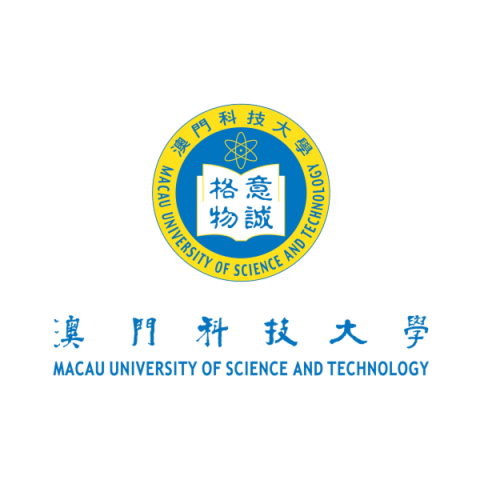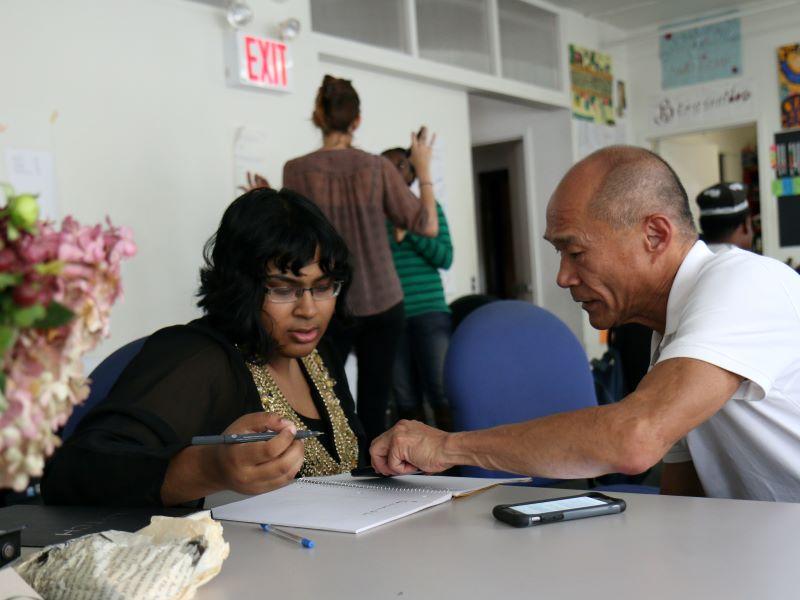
What are the key components of an effective lifelong-learning culture?
Lifelong learning is essential for addressing global issues of employment and employability, but continuing education also facilitates personal growth for the individual student. The Unesco Institute for Lifelong Learning (UIL) states that universities “ have a unique capacity to develop skills and foster knowledge, and the potential to mobilise educational resources and provide learning opportunities for diverse populations”.
Higher education institutions can take actions to ensure an environment that supports lifelong learning. So this article proposes its key components and how these could be put in place.
1. Put a high value on learning
The lifelong-learning model goes beyond knowledge and skills acquired through formal learning, extending to competencies obtained through non-formal and informal education. In addition to those skills gained through work experience, education or training, lifelong learning can also cover personal skills and competencies such as language skills (mother tongue and other languages), social skills, organisational skills and qualifications, and technical and artistic skills.
- How to coach in-employment lifelong learners for success
- How we can use AI to power career-driven lifelong learning
- THE podcast: the big ideas behind microcredentials
This model for individual learning requires an increase in public and private investment. However, unless the government takes more direct action to assist citizenship education, education will continue to support inequality. Emphasis is also placed on two other aspects: the initiative of local government and on-the-job learning opportunities promoted by universities (for example, evening degree programmes).
Macau’s Continuing Education Development Plan, which is in its fifth phase (in place until 2026), provides a subsidy of MOP6,000 (£605) every three years for each Macau resident aged 15 or above, which can be used on local or overseas continuing education programmes, tertiary education or certificate examinations. The School of Continuing Studies at the Macau University of Science and Technology (MUST) offers microcredentials and courses for non-traditional students or professional development courses (such as non-degree courses).
2. Make information, guidance and advice accessible
Information, guidance and counselling systems facilitate access to learning and promote equal opportunities. In addition, they can motivate potential students who are interested in non-degree courses to upskill or learn something new.
Universities can promote the information on their websites to attract potential students. For example, universities can build internet portals or apps that will offer information on lifelong learning to partners (such as external providers in business and industry) to recruit potential local students through induction.
3. Bring learning opportunities closer to students
Making education easy to access is the only way to guarantee equal opportunities and access to learning for all people (for example, through shifting government funding or using new teaching methods). Part-time study, online learning, microcredentials, flexible pathways and community outreach are among the ways that universities can offer accessible lifelong education, writes Edith Hammer in UIL’s Only Connect blog.
For example, proximity to learning is particularly important if the aim is to increase workforce participation for women and may include providing means and resources for them to reconcile professional and family life, especially if they are caring for children or dependent older people.
Universities can also tie their provision to local needs. The research of Daniela Pașnicu, from Spiru Haret University, for instance, focuses on learning in the workplace, with an emphasis on the specific circumstances of small and medium-sized enterprises (SMEs) and how lifelong learning is linked to innovation.
4. Consider what core competencies to offer
In-demand skills, such as qualifications in information technology, foreign languages, technological culture, entrepreneurship and social skills, can drive a lifelong-learning programme. Learning to learn has also become a focus due to the rise of artificial intelligence. Through offering a continuation of educational opportunities, universities give citizens a pathway for achieving their learning and career objectives and facing the challenges of the knowledge society. In Macau, universities can decide what skills to offer in a lifelong-learning programme based on the local introduction and legislation of the Talent Recruitment System. For example, the special administrative region needs to develop its talent in health, technology, finance, culture and sports, MICE (meetings, incentives, conferences and exhibitions) and trade. Accordingly, many campuses have started to promote related lifelong-learning programmes.
5. Develop incentives to engage in lifelong learning
Universities can apply strategies to promote lifelong learning that can in turn address skills shortages: a) assess and reward learning (for example, giving excellent students certificates of honour); b) promote a more positive perception of learning and increase awareness of the rights and benefits of learning (through training or education); c) use specific funds and promotional activities (promote the programme on the campus website or application); d) promote the role of information, guidance and advice providers (provide the channel for enquires); or e) facilitate companies to become learning organisations (establish partnerships with SMEs, public service providers, voluntary and community groups, employers and trade unions to develop and promote learning opportunities).
In this way, institutions can create a culture of learning that facilitates participation and motivates all those involved in the educational process.
Cheong Fan is a lecturer in the School of Liberal Arts at the Macau University of Science and Technology.
If you would like advice and insight from academics and university staff delivered direct to your inbox each week, sign up for the Campus newsletter.




